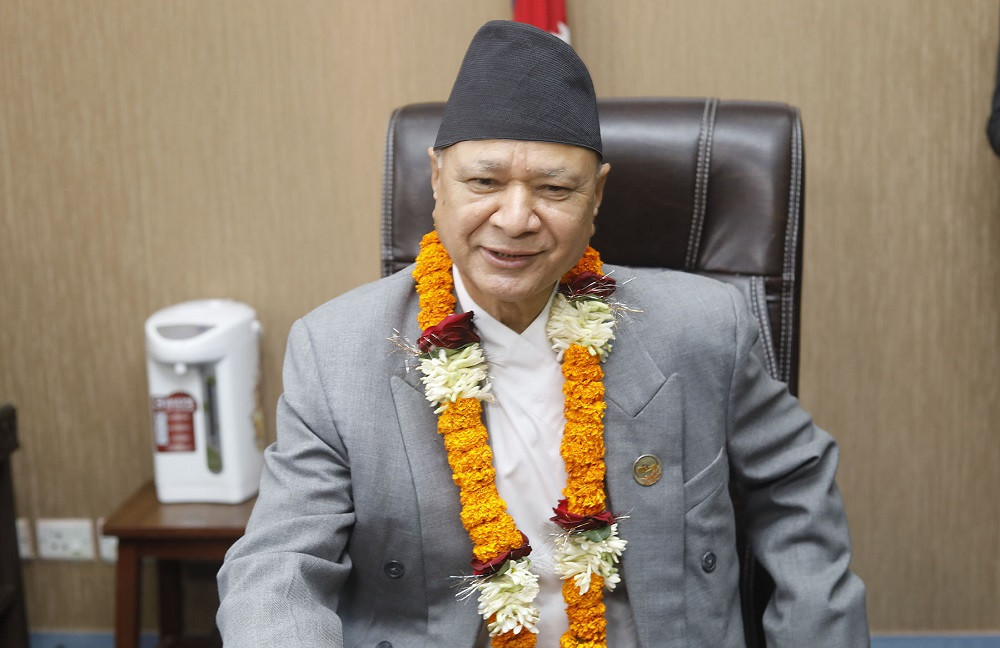
Education Minister Commits to New Education Act
Minister for Education, Science, and Technology Raghuji Pant has expressed the government’s commitment to introducing a new Education Act that incorporates provisions from agreements made with various teacher unions under different governments.
He stated that the ministry has presented a consolidated proposal to the committee based on the subcommittee’s report and past agreements and is working in coordination to introduce the School Education Act.
Minister Responds in House of Representatives
While responding to queries raised during today’s meeting of the House of Representatives concerning the budget allocation under different headings of the Ministry of Education, Science, and Technology, Minister Pant clarified several issues.
He stated, “In line with the nine-point agreement made during the recent teachers' professional movement, the federal government has increased the salary obligations for early childhood development facilitators, school staff, and account-handling personnel. Coordination with the Ministry of Finance is ongoing regarding grade adjustments and other matters.”
Budget Allocation and Federal Structure
He emphasized that most of the education budget is allocated to the local level.
Minister Pant said, “Budgets have been proposed based on the responsibilities of respective levels of government. The federal government has selected no specific school for direct budget allocation.”
He clarified that local governments can utilize the budget according to their priorities, ensuring the budget structure aligns with the principles of federalism.
The sectoral distribution of the ministry’s resources has also been made according to priority needs, based on school count, student population, and regional policies. Therefore, no geographical area, district, or electoral constituency has been ignored or favored.
Need for Timely Education Policy Reforms
Minister Pant also noted that while updates to the education policy are necessary, blaming the current policy for all systemic issues is not accurate.
He explained that broader national issues beyond the education sector influence factors such as migration and unemployment. He also pointed out that the lack of job creation and the desire for rapid economic success have fueled the trend of students seeking opportunities abroad.
Focus on Employability and Technical Education
He emphasized, “Higher education and technical-vocational training should focus on creating jobs rather than just job-seeking. The government has allocated a budget and programs accordingly, encouraging students to engage in either higher education or technical and vocational training based on their academic performance.”
Suggestions on Curriculum and National Board
Minister Pant mentioned that a proposal has been received to form a board or council under the Prime Minister to oversee curriculum matters.
Currently, there is a National Curriculum and Assessment Council, chaired by the Education Minister and comprising experts, responsible for curriculum approval and policy direction at the school level.


